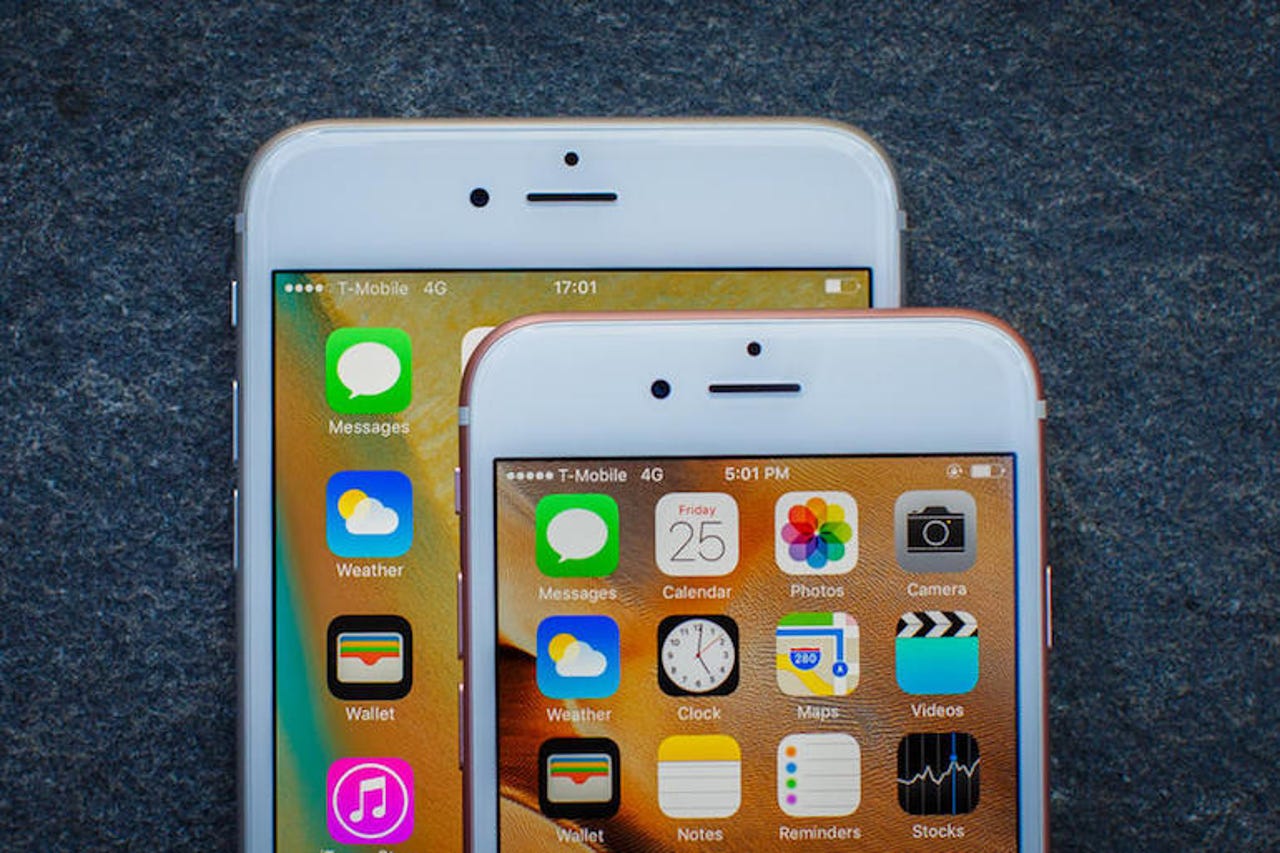Starting in June, Apple will require iOS apps to support IPv6

It wasn't that long ago that most companies were still refusing to move from the Internet's ancient IPv4 networking protocol. IPv6 was slowly catching on, but the vast majority of Internet users were still stuck on IPv4. Things have changed. Starting soon, Apple will require its iOS app developers not merely to use IPv6, and to mitigate IPv4 use.
Apple is dropping IPv4 Internet support for iPhones and other devices running iOS 9.
Instead, according to an Apple developer note, "Starting June 1, 2016 all apps submitted to the App Store must support IPv6-only networking." That's because, starting with iOS 9, iOS has been migrating up IPv4 to IPv6.
Apple seems to have decided it's time to start the final push to the more up-to-date Internet protocol.
For most developers, this shouldn't be that big of a problem. Apple claims, "Most apps will not require any changes because IPv6 is already supported by NSURLSession and CFNetwork application programming interfaces (APIs)."
But if your app uses IPv4-specific APIs or hard-coded IP addresses, you must change your program. Apple recommends reading Supporting IPv6 DNS64/NAT64 Networks and watching Your App and Next Generation Networks to get up to speed on IPv6.
It will be a while before anyone follows Apple down this network rabbit hole. Google shows that, even though North America has run out of IPv4 addresses, only 9.4 percent of all Intenet addresses are using IPv6 addresses. In the United States, however, 25.87 percent of Internet addresses are now using the IPv6 format.
So why is Apple pushing forward so aggressively with IPv6? Because while most homes and offices still use IPv4, it's a different story with smartphones.
Akamai, in its latest State of the Internet report, explained, "once again, cable and wireless/mobile providers continued to drive the largest volumes of IPv6 requests, as many are leading the way for IPv6 adoption in their respective countries. In the fourth quarter, Verizon Wireless and Belgium's Telenet once again led the pack as the only two network providers with more than half of their requests to Akamai made over IPv6."
In short, for iPhones, and Android smartphones too for that matter, adopting IPv6, and dropping IPv4 support, makes perfect sense.
Related Stories:
